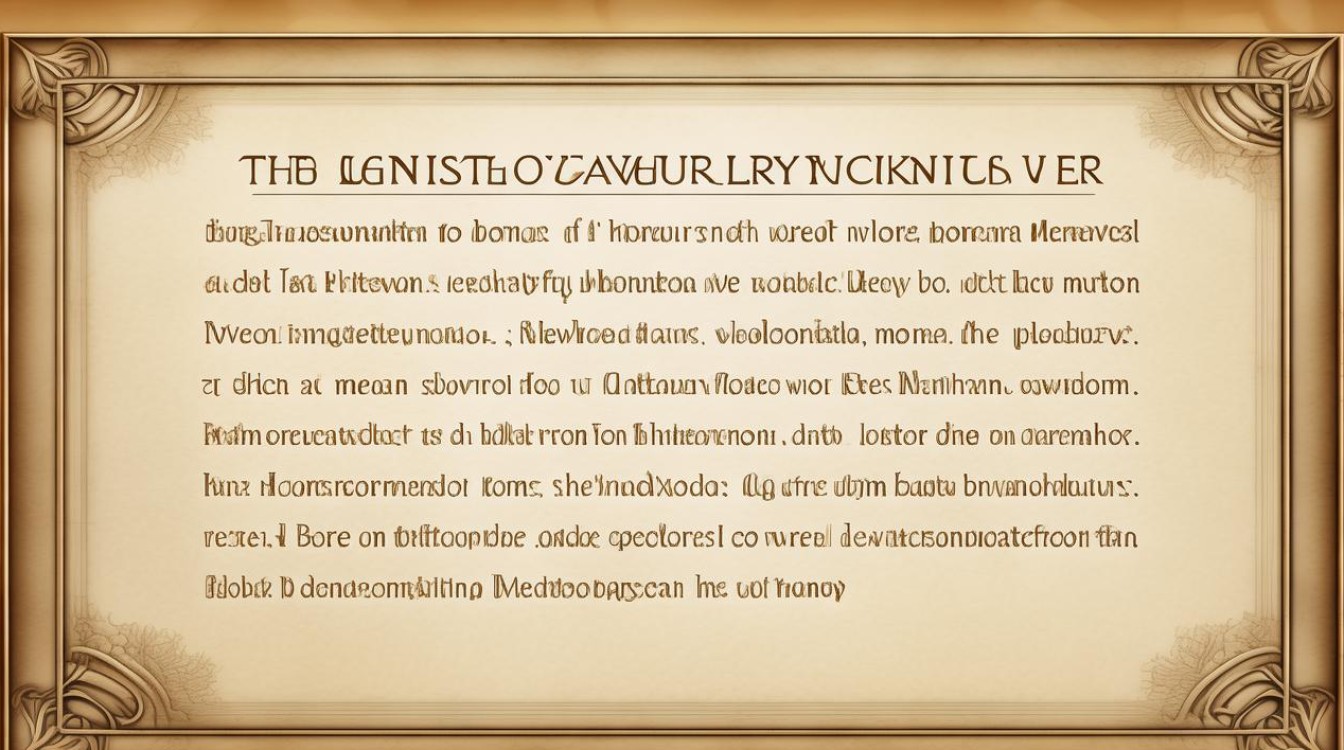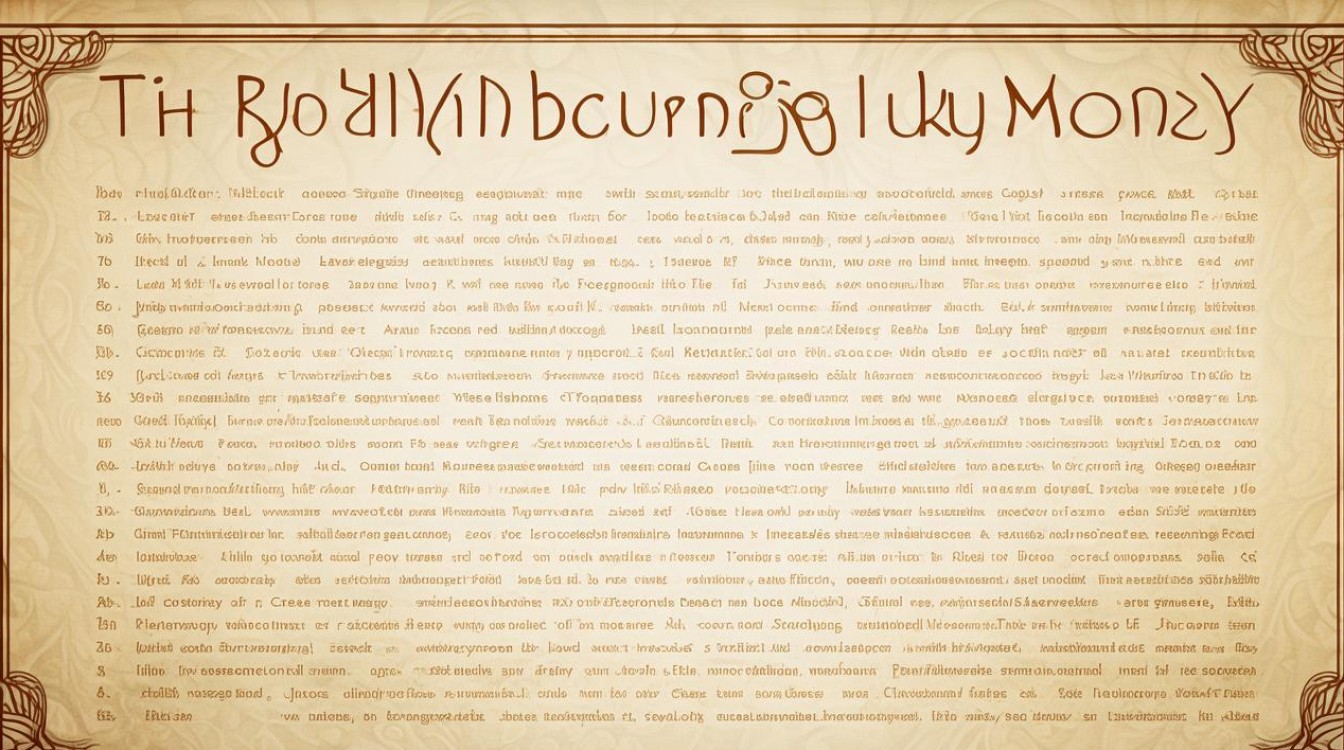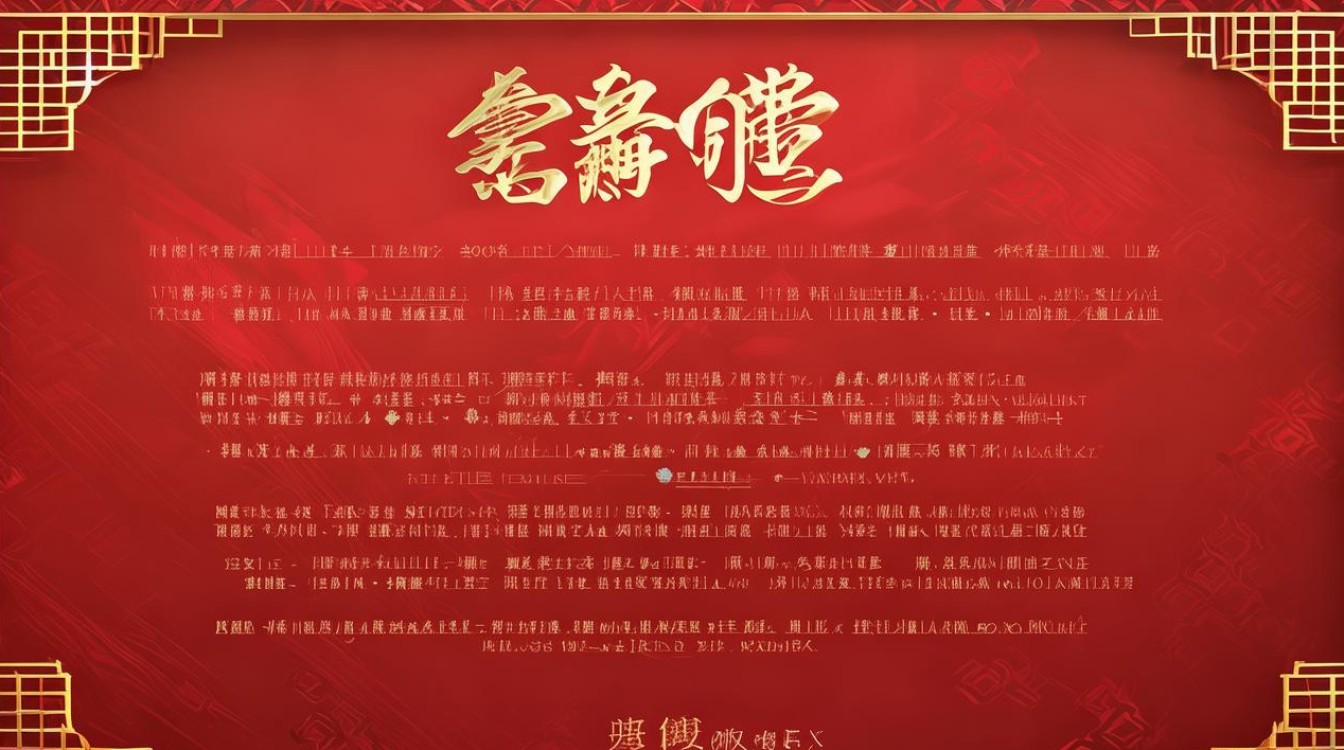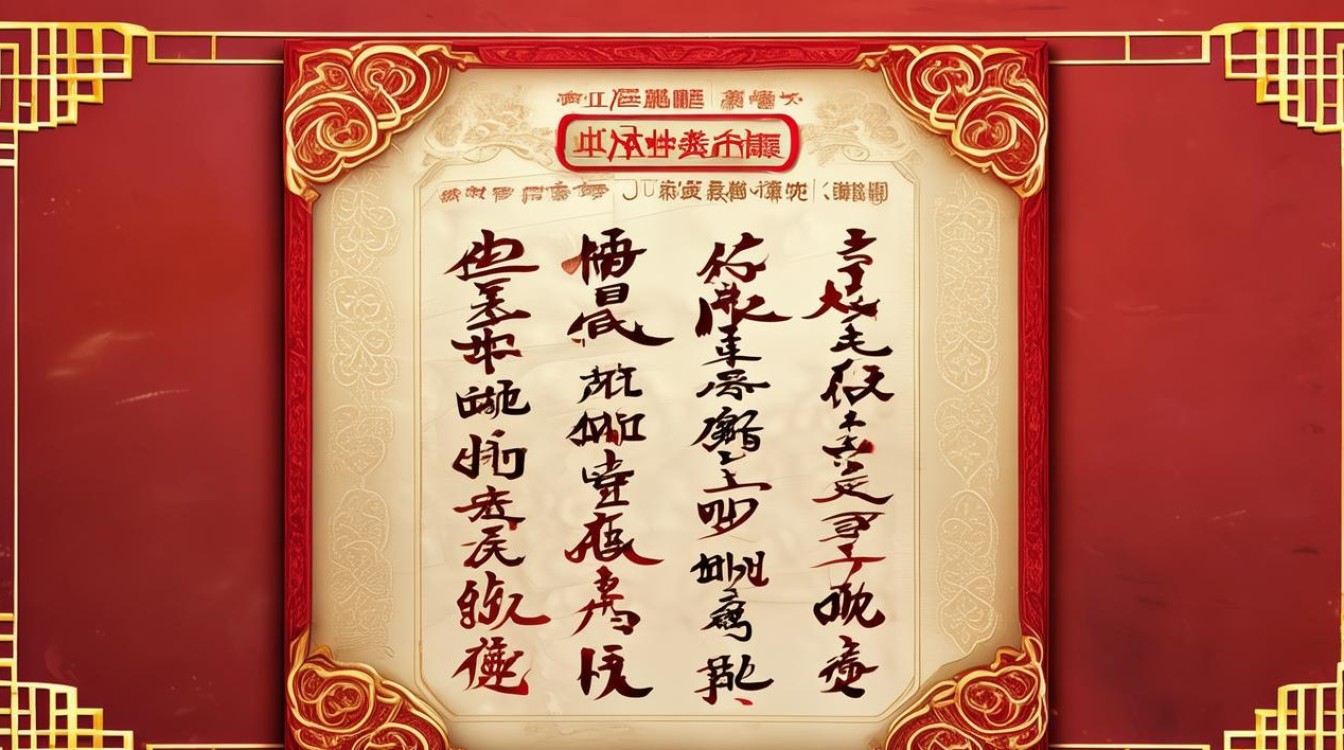The tradition of giving and receiving lucky money, known as 压岁钱 (yāsuìqián) in Chinese, is a beloved custom during the Lunar New Year and other festive occasions. For English learners or those curious about cultural exchanges, knowing the correct English terms related to this practice can be helpful. This article explores the key vocabulary, phrases, and cultural context of receiving lucky money in English.

Basic Terms for Lucky Money in English
The most direct translation of 压岁钱 is "lucky money." However, depending on the region and context, different terms may be used:
- Red envelope money – Refers specifically to the cash placed inside red envelopes (红包 hóngbāo).
- New Year’s money – A general term used in some English-speaking communities.
- Gift money – A broader phrase that can apply to monetary gifts given on various occasions.
In Western cultures, similar traditions exist, though not identical. For example:
- Christmas bonus – Some employers give extra money during the holidays.
- Allowance – Regular pocket money given to children, not tied to festivals.
Common Phrases for Receiving Lucky Money
When discussing lucky money in English, certain phrases are useful:
- "Receive lucky money" – The standard way to describe getting 压岁钱.
- Example: Children receive lucky money during Lunar New Year.
- "Get red envelopes" – Emphasizes the physical envelope.
- Example: Kids love getting red envelopes from their elders.
- "Be given New Year’s cash" – A more casual expression.
- Example: Teenagers are often given New Year’s cash as a blessing.
Polite Responses When Receiving Lucky Money
In Chinese culture, politeness is crucial. Here’s how to express gratitude in English:

- "Thank you for the lucky money!"
- "I appreciate your generosity."
- "Wishing you good health and happiness in return!"
Cultural Differences in Monetary Gifts
While lucky money is a Chinese tradition, other cultures have their own versions:
Japan – Otoshidama (お年玉)
Japanese children receive otoshidama in small envelopes during New Year celebrations. The term translates to "New Year’s gift money."
Korea – Sebaetdon (세뱃돈)
In Korea, money given to children during Seollal (Lunar New Year) is called sebaetdon, meaning "New Year’s money."
Western Customs
- Birthday money – Cash gifts given on birthdays.
- Tooth fairy money – A small amount left under a pillow when a child loses a tooth.
These traditions highlight how different societies celebrate with monetary gifts, though the symbolism varies.

How to Talk About Lucky Money in Conversations
If explaining 压岁钱 to English speakers, these sentences can help:
- "In China, elders give lucky money to children for good luck."
- "Red envelopes symbolize blessings and prosperity."
- "Receiving lucky money is a highlight of Lunar New Year for kids."
For business or travel contexts:
- "During Chinese New Year, it’s customary to distribute red envelopes."
- "Many companies give employees lucky money as a bonus."
Superstitions and Etiquette Around Lucky Money
Certain customs govern how lucky money is given and received:
Do’s
- Give in even amounts – Odd numbers are associated with funerals.
- Use new bills – Symbolizes a fresh start.
- Place money in red envelopes – Red represents luck and happiness.
Don’ts
- Don’t open envelopes in front of the giver – It’s considered impolite.
- Avoid amounts with the number ‘4’ – The pronunciation resembles "death" in Chinese.
- Don’t give empty envelopes – It’s seen as bad luck.
The Evolution of Lucky Money in Modern Times
With digital advancements, traditions are adapting:

- Digital red envelopes (微信红包 WeChat hóngbāo) – Popular in China, sent via apps.
- Online transfers – Some families now send money electronically.
- Cryptocurrency gifts – A futuristic twist, though still rare.
Despite changes, the core meaning remains—a gesture of goodwill and fortune.
Understanding the English terms for 压岁钱 bridges cultural gaps and enriches conversations. Whether calling it lucky money, red envelope cash, or New Year’s gift money, the sentiment stays the same: a wish for prosperity and joy. For those celebrating, may every red envelope bring happiness and good fortune in the year ahead.

